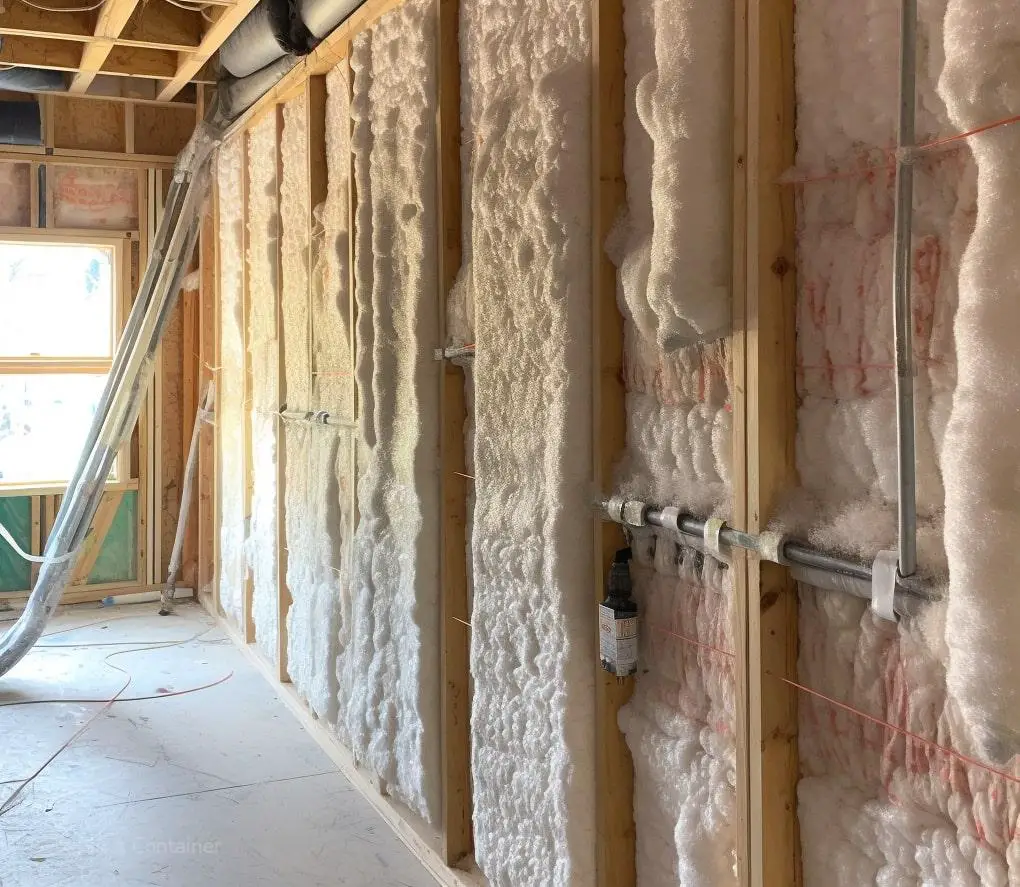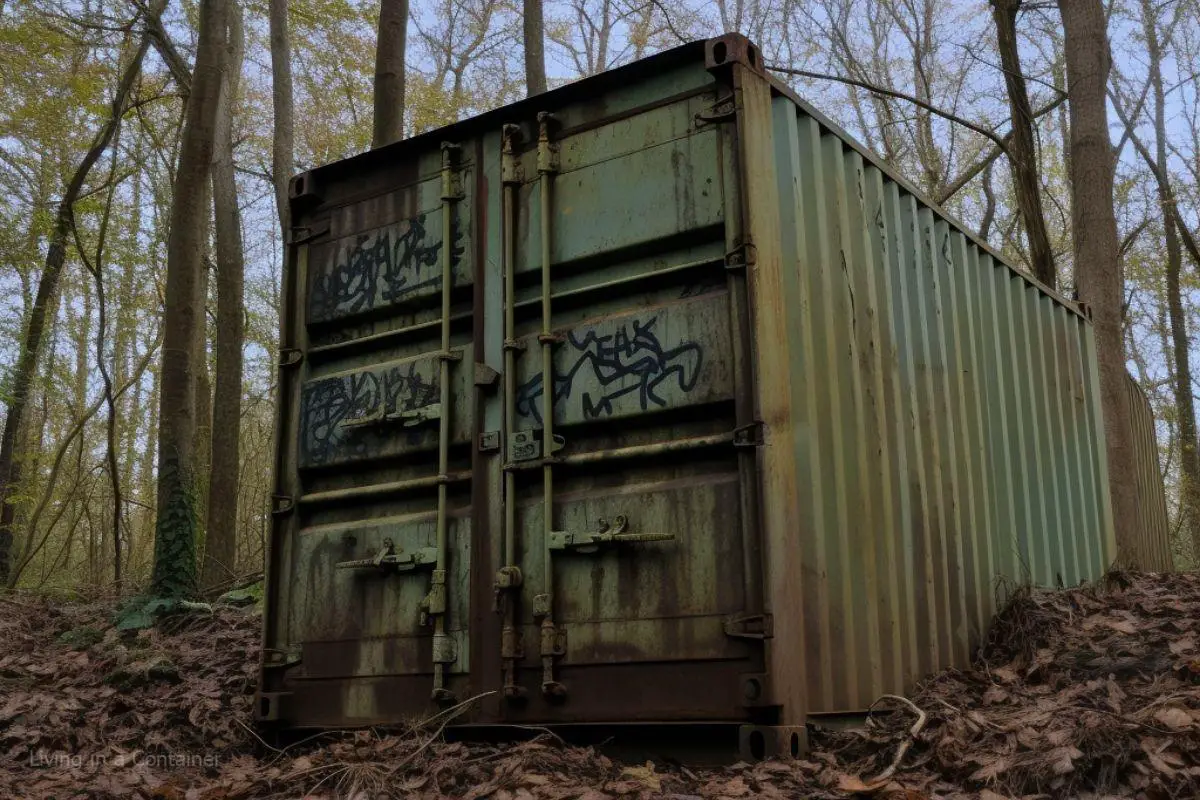The allure of container homes is undeniable: eco-friendly, cost-effective, and distinctively stylish. But as with any innovative housing method, there are potential pitfalls. Let’s dive deep into five common mistakes and their solutions.
1. Poor Insulation Choices
Mistake: A widespread misconception among container home newbies is underestimating insulation. Remember, you’re dealing with a metal structure, susceptible to extreme temperature fluctuations.
Deep Dive: Metal is an excellent conductor of heat, meaning in the summer, your container can resemble an oven, and in the winter, an icebox. Poor insulation can also lead to condensation issues, which subsequently cause mold.
Solution:
Invest time understanding insulation types. Closed-cell spray foam is popular due to its dual function of preventing condensation and ensuring effective insulation. In colder climates, consider external insulation to prevent thermal bridging.

2. Neglecting Local Building Codes
Mistake: Enthusiasm can sometimes overshadow due diligence. Overlooking local codes can mean legal woes and hefty fines.
Deep Dive: Each municipality may have specific requirements concerning foundational work, plumbing, electrical setups, and even aesthetic considerations.
Solution:
Before any construction starts, familiarize yourself with local regulations. Ensure you get necessary permits and work within the set parameters. Consulting local experts or hiring a professional familiar with container homes can be invaluable.

3. Choosing the Wrong Container
Mistake: All containers aren’t created equal. Some have a history of transporting harmful substances or may be deteriorating.
Deep Dive: Rust, dents, and harmful chemical residues are frequent issues. Given you’ll be living in this space, ensuring it’s free from toxins is paramount.
Solution:
Opt for “one-trip” containers. These are nearly brand-new, used only once. Check their transportation history. Conduct a thorough inspection for rust, structural damages, or any lingering odors that suggest chemical transportation.
4. Over-Modifying the Structure
Mistake: Carving out massive sections for windows, doors, or design elements might seem like a great idea, but it can compromise the container’s structural integrity.
Deep Dive: Remember, containers are designed to bear weight on their corners. Altering this can make them unstable.
Solution:
If large modifications are essential for your design vision, it’s crucial to consult with an experienced engineer or architect. They can guide on where to place reinforcements to ensure safety.
5. Ignoring Proper Ventilation
Mistake: Overlooking ventilation can lead to a host of problems, from mold to poor indoor air quality.
Deep Dive: Given their tight seal, container homes need meticulous planning for ventilation. This ensures fresh air circulation, preventing condensation and resultant mold issues.
Solution:
Design with ventilation in mind. Position windows opposite each other to encourage cross-ventilation. Consider roof vents or skylights. For tech-savvy solutions, look into energy-efficient HVAC systems that cater to compact living spaces.
Embracing the container home lifestyle requires foresight and detailed planning. By avoiding these mistakes, you can craft a dwelling that is not only aesthetically pleasing but also a safe, long-term sanctuary.
Dive Deeper with “Living in a Container”: Looking for more insights, tips, and beautiful container home models? Dive into our blog, “Living in a Container.”
With a plethora of articles and design showcases, you can explore and find the perfect container inspiration tailored for you. Whether you’re in the dreaming phase or already on your journey, our platform aims to be your guiding beacon in the fascinating world of container living.
Don’t miss out—explore now and transform your dreams into steel-clad reality!
You may love to read!
Innovative Small Scale Living Tiny Container Home Ideas
Container Homes vs Traditional Homes
Your Guide to Building DIY Shipping Container Homes
Understanding the Cost of Shipping Container Homes
